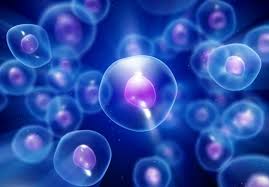 In recent days the dramas of some children with rare illnesses has moved public opinion: Sofia, the three-year old girl from Florence, with metachromatic leukodystrophy; Federico, the boy from Fano aged twenty-six months, with Krabbe’s Disease. In both cases, their parents asked for treatment using the ‘stamina’ method, that is to say infusion with ‘adult’ stem cells (ones not taken from an embryo). Sofia began the treatment with stem cells from the Stamina Foundation laboratory. This treatment was then interrupted by the judicial system which, on the basis of inspections and controls carried out by the AIFA (the Italian Agency for Medical Products), adjudged it dangerous to the health of the child. Her parents asked for the treatment to be begun again and appealed to the Minister for Health which then authorised the continuation of the treatment but not with stem cells from the laboratory in Brescia.
In recent days the dramas of some children with rare illnesses has moved public opinion: Sofia, the three-year old girl from Florence, with metachromatic leukodystrophy; Federico, the boy from Fano aged twenty-six months, with Krabbe’s Disease. In both cases, their parents asked for treatment using the ‘stamina’ method, that is to say infusion with ‘adult’ stem cells (ones not taken from an embryo). Sofia began the treatment with stem cells from the Stamina Foundation laboratory. This treatment was then interrupted by the judicial system which, on the basis of inspections and controls carried out by the AIFA (the Italian Agency for Medical Products), adjudged it dangerous to the health of the child. Her parents asked for the treatment to be begun again and appealed to the Minister for Health which then authorised the continuation of the treatment but not with stem cells from the laboratory in Brescia.
Appeals then followed one another for compassionate treatment to be authorised, ones that could give back hope to parents. The scientific world appealed to the criteria for the assessment of medical products and emphasised that the rules of science are not ascetic and unforgiving but act to assure efficiency and transparency and are important in avoiding abuses on the part of those who could exploit the desperation of families for business purposes. When stem cells are not produced on the basis of certified methodologies there are grave risks for the patient, such as the emergence of inflammations and tumours. It is evident that to shape the debate by separating compassion from scientific rationality is mistaken because rules have the purpose of protecting the patient.
The Stamina Foundation has never sent to the Ministry of Health or the Higher Institute of Health Care a protocol on its experimentation and its methods are unknown.
One should remember that families cannot be left alone because in this way they fall prey to their fears, running the risk of falling into the hands of magicians who promise miracles. As often happens, one wants to give only the response of science to illness, and science often promises more than it is able to guarantee, leaving uncovered the need for solidarity and hope.
(Palma Sgreccia)








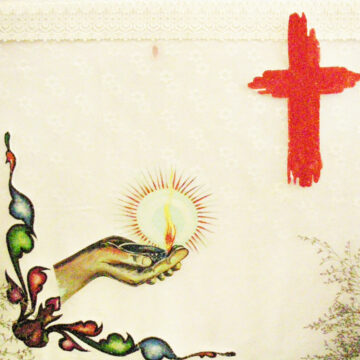
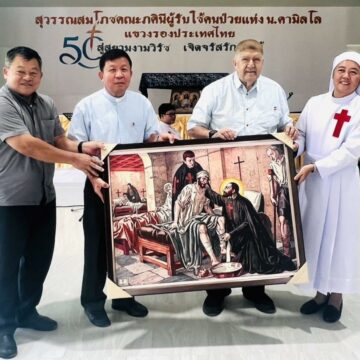
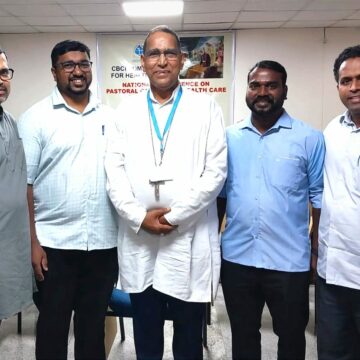
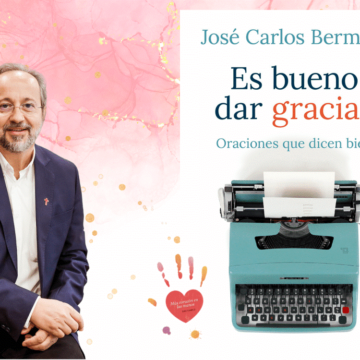

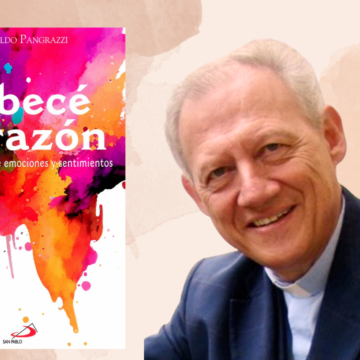
Camillians on Facebook
Camillians on Twitter
Camillians on Instagram